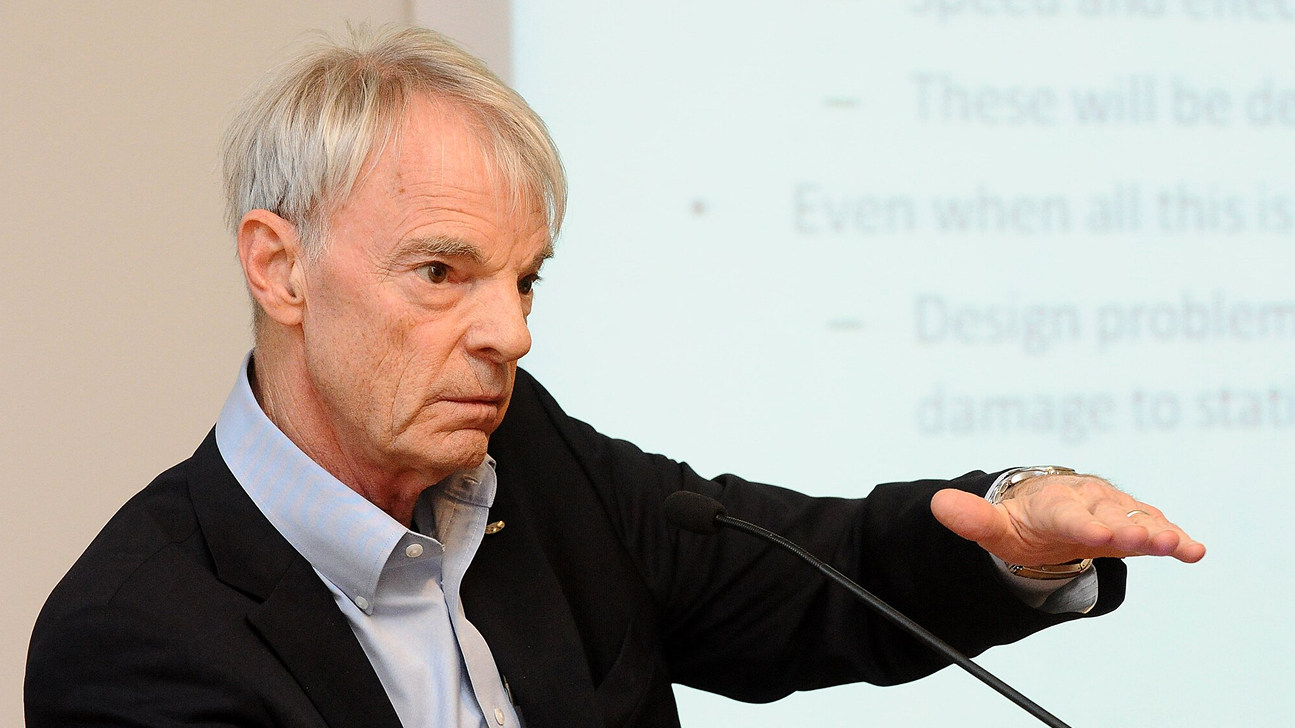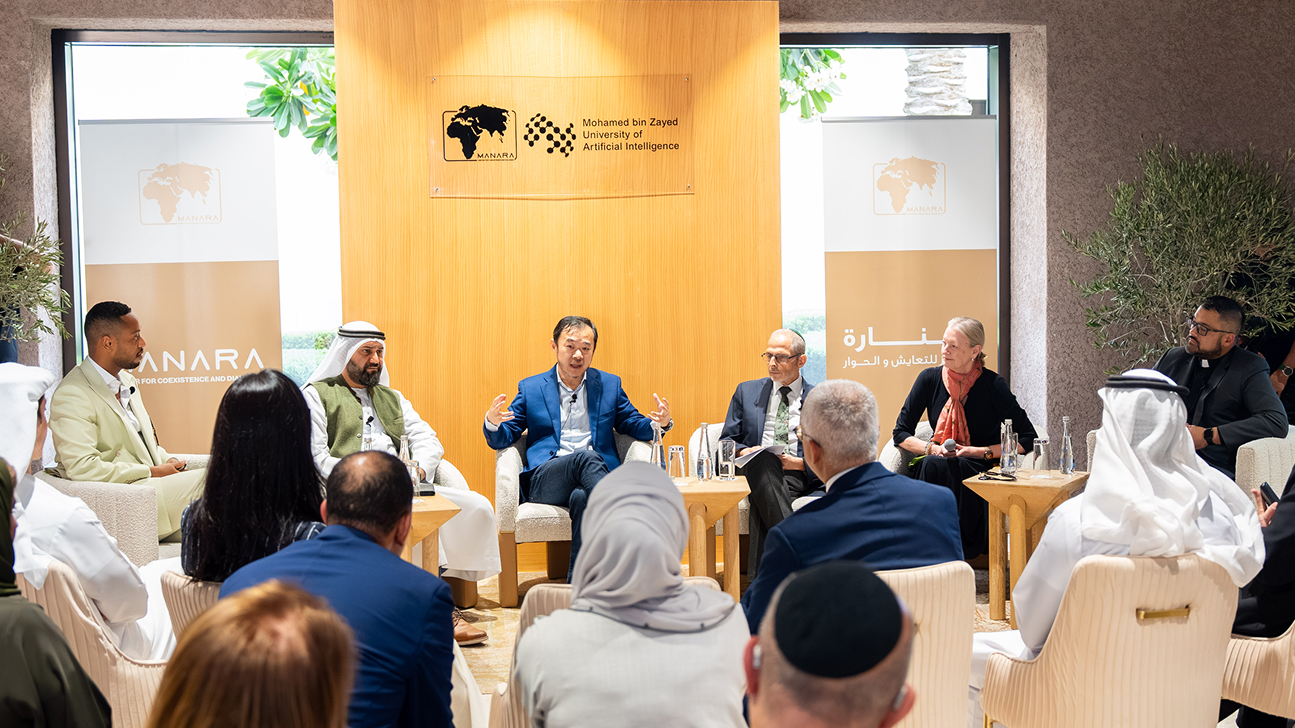Bring an order to the chaos: Order-Preserving IO stack for Modern Flash storage
Monday, January 13, 2025
In this talk, we present the issue of ensuring the storage order in modern IO stack. Modern IO stack is a set of independent layers. They communicate with each other using a narrow and rigid interface. When the application need to ensure the storage order, the application sends the following write request only after it ensures that the preceding write request is made durable. Equivalently, the application has been using durability guarantee mechanism in ensuring the storage order. In this talk, we separate the durability guarantee mechanism and ordering guarantee mechanism and proposes a new mechanism in ensuring the storage order without heavily expensive transfer-and-flush mechanism. Our talk consists of three themes; order preserving IO stack for single queue block device, order-preserving mechanism for multi-queue IO stack and order-preserving all flash array.
Speaker/s
Prof. Won is ICT Endowed Chair Professor at School of Electrical Engineering, KAIST. He did his BS and MS in Dept. of Computer Science, Seoul National University, Seoul, Korea in 1990 and 1992, respectively. He received his Ph. D in Computer Science from University of Minnesota in 1997. He worked for Intel Corp. as Server Performance Analyst till 1999. From 1999 till 2019, he was with Dept. of Computer Science, Hanyang University, Seoul, Korea. He was a dept. head and a director of Center for File and Storage Systems Technology (CFSR) at Hanyang University. He was awarded “Outstanding Researcher Award”, Hanyang University(2016) and “Gaheon Outstanding Research Award” from Korean Institute of Information Scientists and Engineers (KIISE)(2017). His work on IO stack optimization in Android platform identified the root cause of the IO inefficiencies in the Android smartphones (USENIX ATC 2013, best paper award). His work on IO stack design on the Flash Storage proposes a new way of designing the filesystem, block layer and device formware for the Flash storage (USENIX FAST 2018, best paper award). He is known for his work on the Android IO stack optimization, filesystem and block layer design for SSD and NVRAM. His research interests include Operating System, Distributed System, Storage System and Software support for byte-addressable NVRAM.
Related
Nobel Laureate Michael Spence on how AI is redefining the global economy
Nobel Prize-winning economist Michael Spence explains how AI is reshaping the economic landscape and what is needed.....
- digital policy ,
- governance ,
- Nobel Prize ,
- guest talk ,
- guest lecture ,
- economics ,
- Economy ,
- Undergraduate ,
Understanding faith in the age of AI
MBZUAI hosted a panel discussion in collaboration with the Manara Center for Coexistence and Dialogue focused on.....
- connection ,
- discussion ,
- religion ,
- spirituality ,
- faith ,
- conversation ,
- panel ,
- Human–computer interaction ,

